Summaries of books about Politics & Social Sciences:
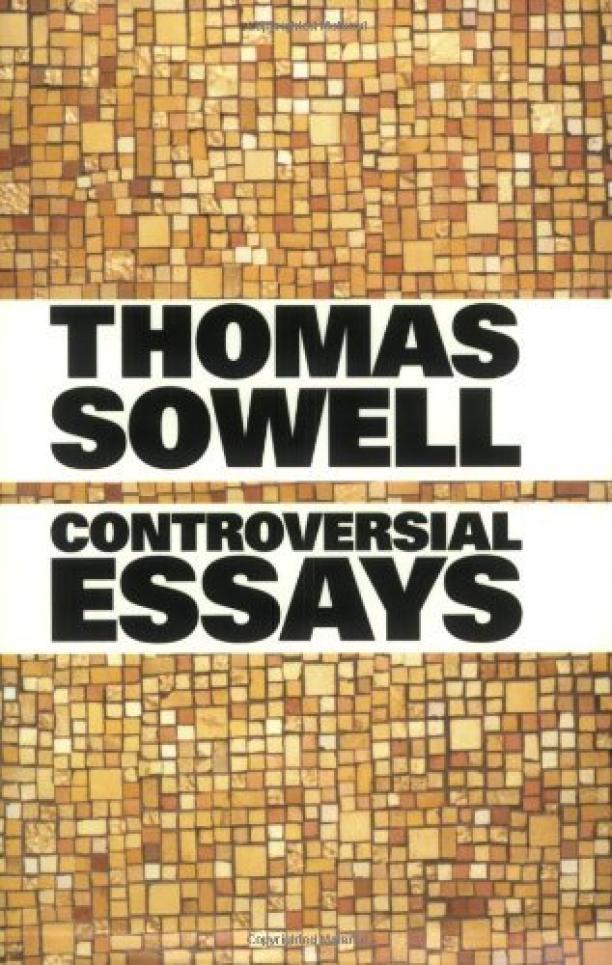
Controversial Essays
Thomas Sowell
The book is a collection of essays that delve into a wide range of social, political, and cultural issues, challenging mainstream thought with rigorous analysis and evidence. Sowell addresses topics such as judicial activism, the costs of war, racial questions, and the pitfalls of government interventions in the economy.
See full summary
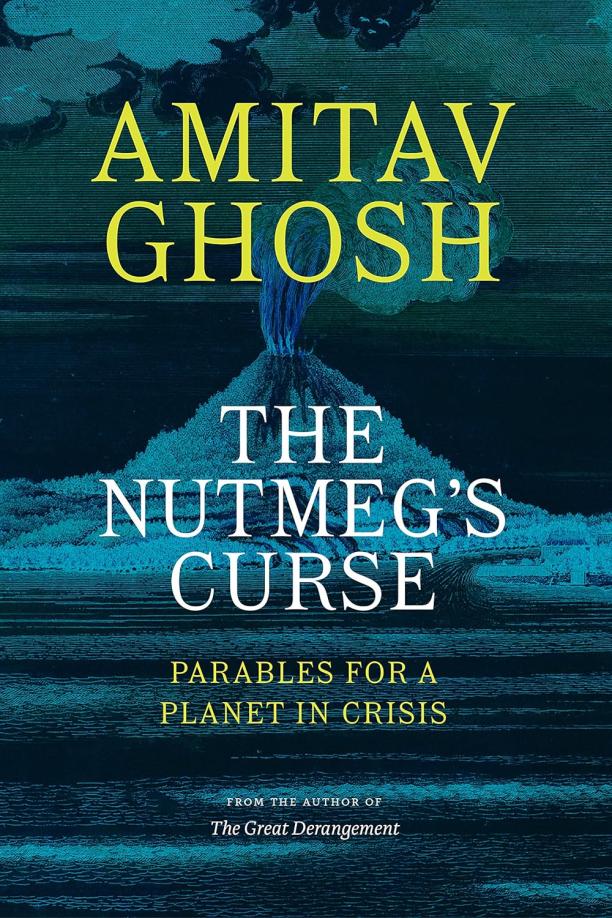
The Nutmeg's Curse
Parables for a Planet in Crisis
Amitav Ghosh
The book explores the historical and ecological impact of the nutmeg spice and its role in colonialism, arguing that the exploitation and violence associated with its trade reflect broader patterns of environmental destruction and social injustice. It weaves together narratives from different times and places to illustrate the consequences of human disregard for nature and indigenous knowledge, calling for a radical shift in our relationship with the planet.
See full summary
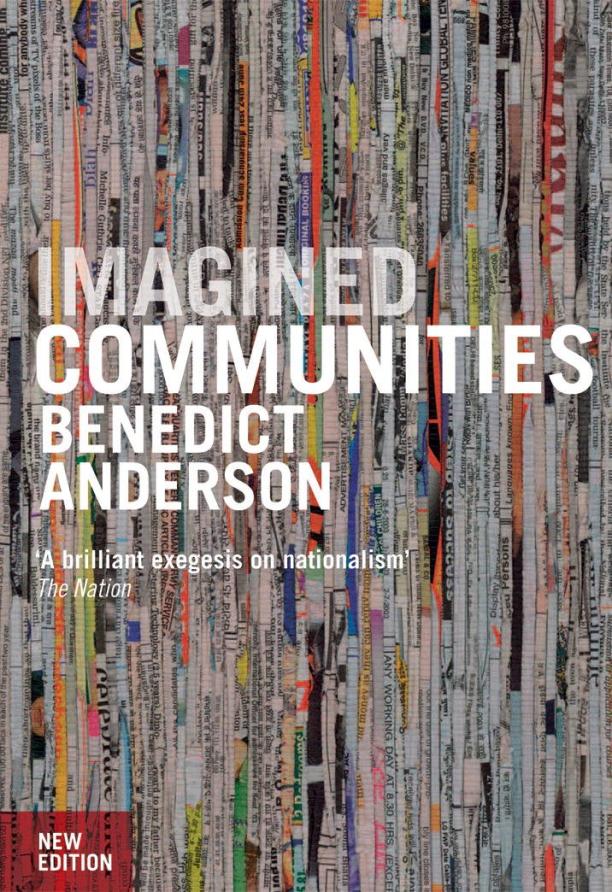
Imagined Communities
Reflections on the Origin and Spread of Nationalism
Benedict Anderson
The book explores the concept of nationalism as a socially constructed community, positing that nations are "imagined" because members will never know most of their fellow-members, yet in the minds of each lives the image of their communion. It delves into the historical forces and cultural processes, such as the decline of monarchies, the rise of print capitalism, and the spread of vernacular languages, that have contributed to the emergence of national identities.
See full summary
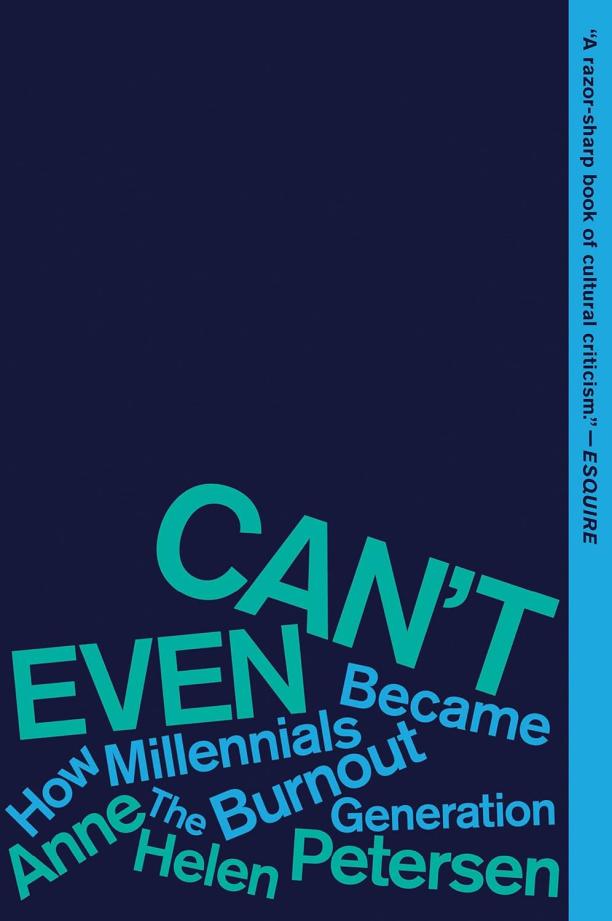
Can't Even
How Millennials Became the Burnout Generation
Anne Helen Petersen
The book examines the societal pressures and systemic issues that have led to widespread burnout among millennials, exploring how constant work, the gig economy, and the pursuit of efficiency have eroded work-life balance and mental health. It delves into the historical and economic factors that have shaped millennial experiences, from education to employment, and offers insights into how this generation can navigate a culture of relentless productivity.
See full summary
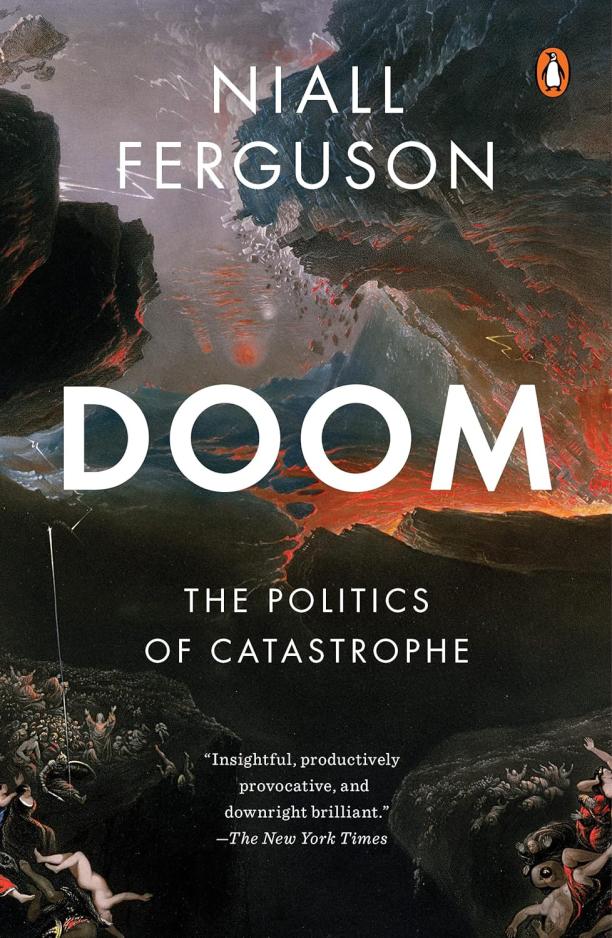
Doom
The Politics of Catastrophe
Niall Ferguson
The book examines the historical responses to disasters, analyzing why societies often fail to plan for predictable crises. It delves into the cognitive and institutional factors that hinder effective preparation and response, using case studies from pandemics to financial meltdowns.
See full summary
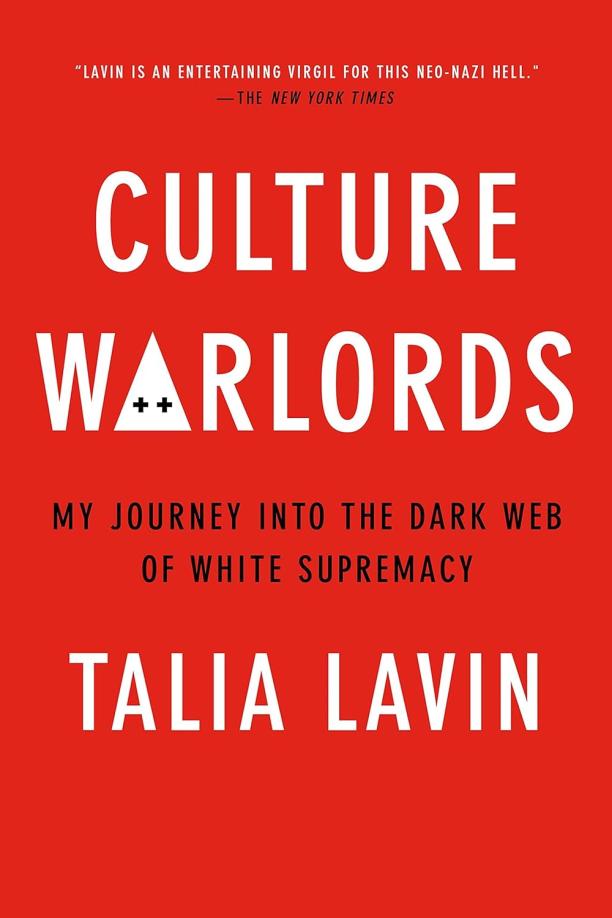
Culture Warlords
My Journey Into the Dark Web of White Supremacy
Talia Lavin
The book is an investigative exploration into the online world of white supremacy, where the author goes undercover to expose the networks, ideologies, and tactics of hate groups. It provides a personal account of the dangers and impacts of extremist movements on society, revealing the author's encounters and the emotional toll of her journey.
See full summary
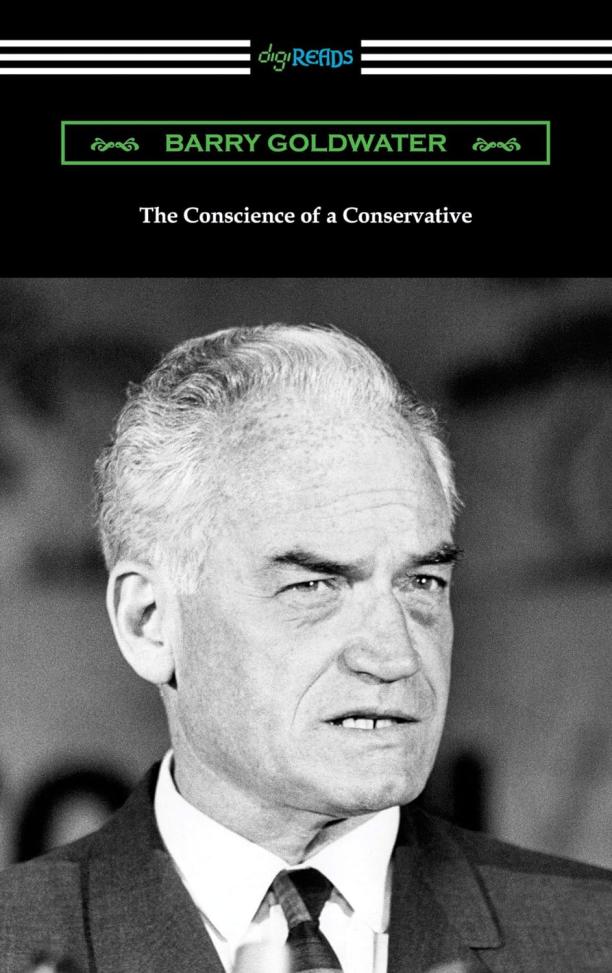
The Conscience of a Conservative
Barry Goldwater
The book presents a strong argument for the principles of conservatism, advocating for limited government, individual freedoms, and a strict adherence to the Constitution. It criticizes the welfare state and federal overreach, emphasizing the importance of states' rights and personal responsibility.
See full summary
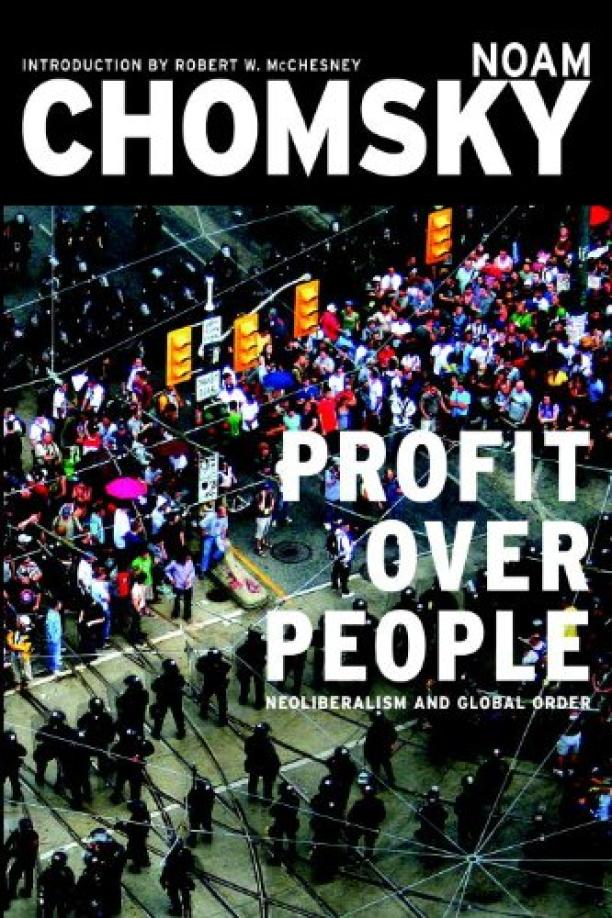
Profit Over People
Neoliberalism and Global Order
Noam Chomsky
The book critically examines the principles and consequences of neoliberalism, arguing that it prioritizes corporate power and profit at the expense of the public good. It discusses how this economic ideology affects democracy, labor, and markets globally, often leading to social inequality and undermining democratic processes.
See full summary
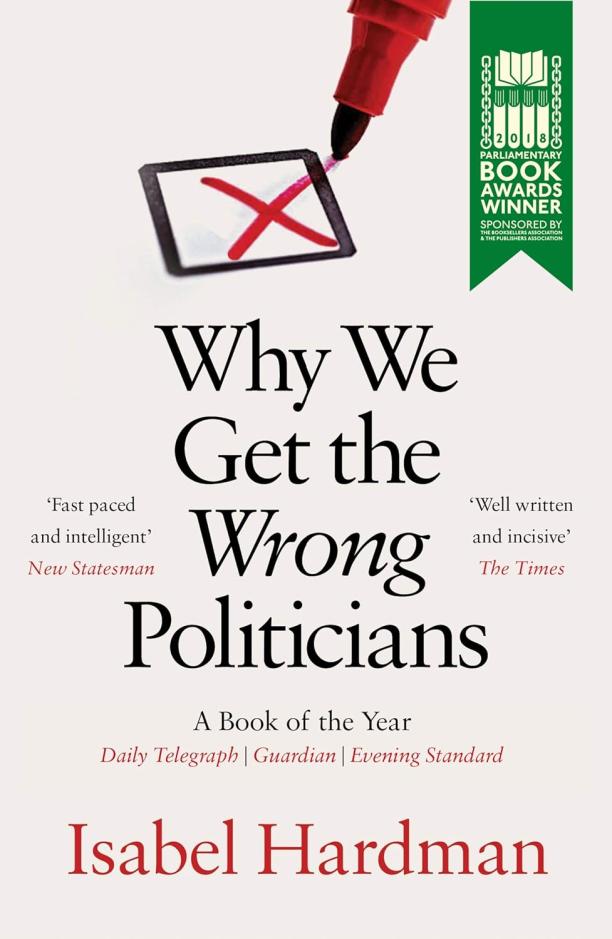
Why We Get the Wrong Politicians
Isabel Hardman
The book scrutinizes the flaws within the British political system, exploring how the electoral process, party dynamics, and parliamentary practices often lead to the selection of ineffective representatives. It delves into the barriers to entry for potential politicians and the disconnection between the electorate's needs and the actions of elected officials.
See full summary
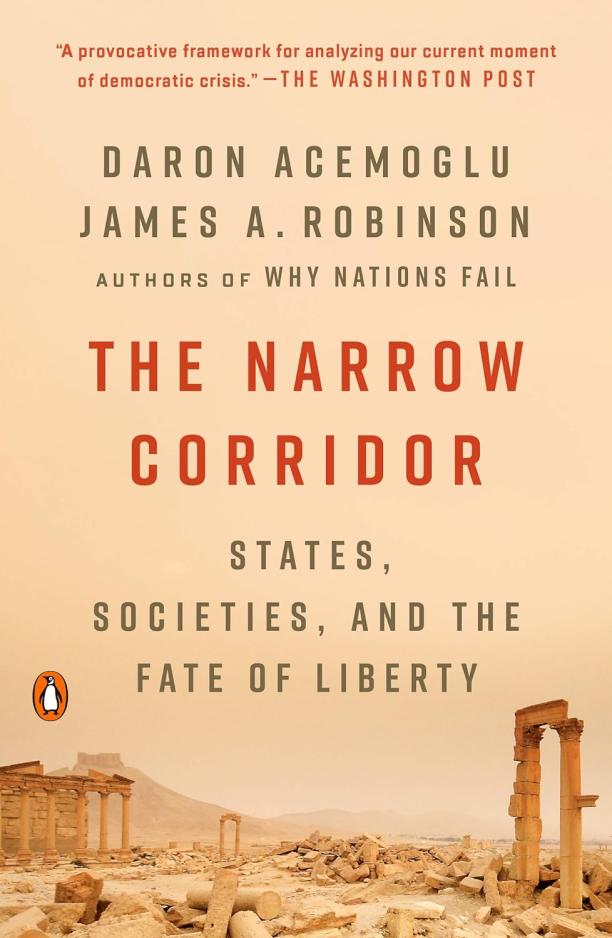
The Narrow Corridor
States, Societies, and the Fate of Liberty
Daron Acemoglu|James A. Robinson
The book explores the delicate balance between state and society necessary for achieving and maintaining liberty, arguing that only a "narrow corridor" allows for the development of inclusive institutions that enable freedom. It examines historical and contemporary examples from around the world to illustrate how different societies navigate this corridor and the challenges they face in sustaining liberty.
See full summary